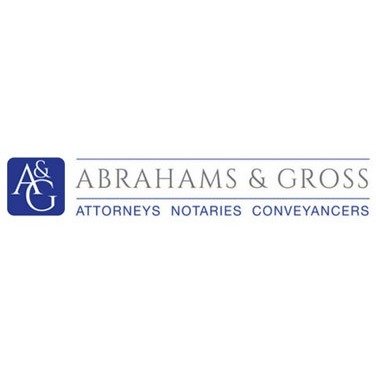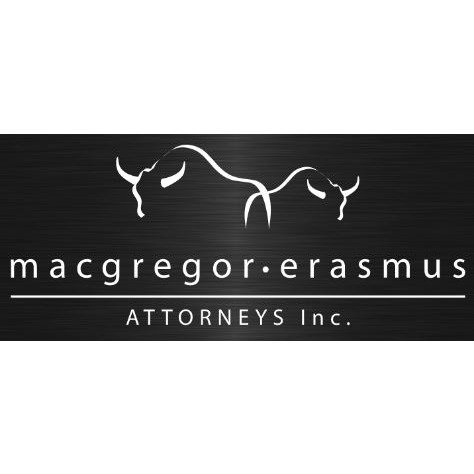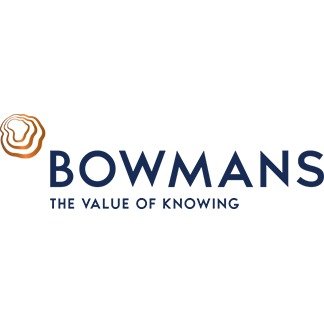Best Business Lawyers in Cape Town
Share your needs with us, get contacted by law firms.
Free. Takes 2 min.
List of the best lawyers in Cape Town, South Africa
About Business Law in Cape Town, South Africa
Cape Town is one of South Africa's most dynamic economic hubs, attracting a wide range of business activities ranging from tourism to technology. The city's strategic location and well-developed infrastructure make it a prime location for business ventures both locally and internationally. Business law in Cape Town is influenced by South African national legislation, encompassing various areas such as corporate governance, contracts, mergers and acquisitions, employment law, and tax law. This legal framework aims to create a balanced environment for businesses while safeguarding the interests of stakeholders involved.
Why You May Need a Lawyer
Business owners and entrepreneurs may require legal assistance for a variety of reasons. Common situations include establishing a new business entity and understanding the types of companies available; drafting, reviewing, and negotiating contracts; navigating mergers or acquisitions; ensuring compliance with local and national regulations; resolving disputes with employees or other businesses; intellectual property protection; and managing tax obligations. Legal expertise can help anticipate risks, prevent disputes, and ensure that businesses operate within the legal framework.
Local Laws Overview
Several key aspects of local laws are particularly relevant to businesses in Cape Town. The Companies Act of 2008 regulates company formation, management, and dissolution, emphasizing corporate governance and sustainability. The Labour Relations Act and the Basic Conditions of Employment Act govern employee rights, labor disputes, and contractual obligations. Additionally, the Consumer Protection Act sets out the rights of consumers and the obligations of businesses in terms of product safety and quality. Other important legislation includes the Protection of Personal Information Act (POPIA) relevant to data protection and the National Credit Act affecting credit agreements and business lending practices.
Frequently Asked Questions
What is the process for registering a new business in Cape Town?
Registering a business in Cape Town involves reserving a company name, preparing required documents (such as the Memorandum of Incorporation), and submitting them to the Companies and Intellectual Property Commission (CIPC) along with the applicable fees.
How do I know which type of business entity is right for me?
Choosing the right business entity involves understanding the differences between entities such as sole proprietorships, partnerships, private companies, and public companies. Consider factors like liability, tax implications, and management structure.
What employment laws should I be aware of?
Employment laws in South Africa include rules on minimum wage, working hours, overtime pay,discrimination policies, health and safety standards, and termination of employment. Ensure compliance with the Basic Conditions of Employment Act.
How is tax handled for businesses in Cape Town?
Businesses in Cape Town must register for corporate income tax, VAT, PAYE, and UIF. It's advisable to consult with a tax expert to understand the specific obligations and deadlines applicable to your business.
What rights do consumers have under the Consumer Protection Act?
Under the Consumer Protection Act, consumers have the right to fair and responsible marketing, product safety, and fair agreements. Businesses must ensure their practices align with these standards.
How can I protect my intellectual property in Cape Town?
Intellectual property such as trademarks, patents, and copyrights can be protected by registering with the CIPC. Legal advice can help you navigate the application process and enforce your rights.
What steps should I take when buying a business in Cape Town?
Buying a business involves due diligence, negotiation of sale terms, and agreement documentation. A lawyer can help identify potential risks and ensure compliance throughout the process.
What are the key aspects of a commercial lease agreement?
Key aspects include rent amount, lease term, tenant and landlord responsibilities, and dispute resolution mechanisms. Legal assistance can help draft or review lease agreements to protect your interests.
How do I handle a business dispute?
Resolving business disputes can involve negotiation, mediation, or litigation. Legal counsel can help assess your options and represent your interests effectively.
What should I know about the Protection of Personal Information Act (POPIA)?
POPIA regulates how businesses handle personal information, ensuring it is collected and processed lawfully. Businesses must appoint an information officer, conduct impact assessments, and comply with data protection practices.
Additional Resources
The Companies and Intellectual Property Commission (CIPC) provides resources and guides on registration and compliance. The Department of Labour offers information on employment laws. The South African Revenue Service (SARS) can assist with tax-related queries, while the Western Cape Department of Economic Development and Tourism can help with investment and business development initiatives.
Next Steps
If you require legal assistance for your business in Cape Town, begin by identifying the specific area where help is needed. Consult with a qualified business lawyer who has experience in South African business law. Consider seeking recommendations or referrals and schedule consultations to discuss your situation. Present your business documentation and outline your objectives to receive tailored advice and ensure compliance and protection of your business interests.
Lawzana helps you find the best lawyers and law firms in Cape Town through a curated and pre-screened list of qualified legal professionals. Our platform offers rankings and detailed profiles of attorneys and law firms, allowing you to compare based on practice areas, including Business, experience, and client feedback.
Each profile includes a description of the firm's areas of practice, client reviews, team members and partners, year of establishment, spoken languages, office locations, contact information, social media presence, and any published articles or resources. Most firms on our platform speak English and are experienced in both local and international legal matters.
Get a quote from top-rated law firms in Cape Town, South Africa — quickly, securely, and without unnecessary hassle.
Disclaimer:
The information provided on this page is for general informational purposes only and does not constitute legal advice. While we strive to ensure the accuracy and relevance of the content, legal information may change over time, and interpretations of the law can vary. You should always consult with a qualified legal professional for advice specific to your situation.
We disclaim all liability for actions taken or not taken based on the content of this page. If you believe any information is incorrect or outdated, please contact us, and we will review and update it where appropriate.
Browse business law firms by service in Cape Town, South Africa
Cape Town, South Africa Attorneys in related practice areas.

















